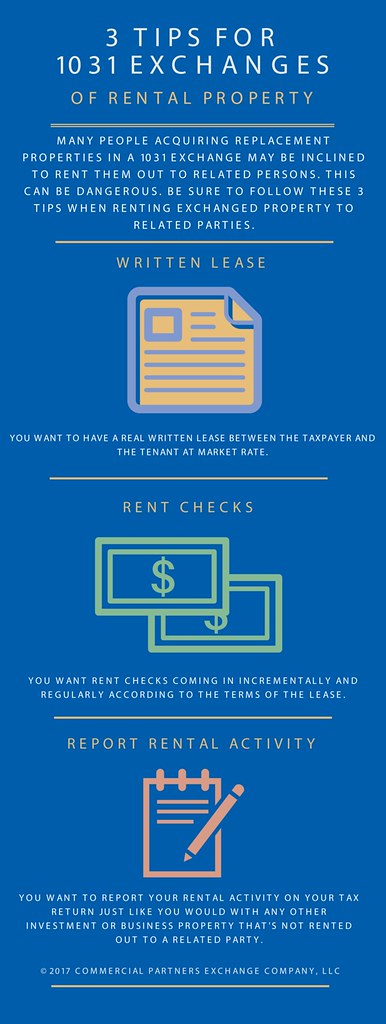Retirement planning is a vital aspect of our financial journey, and one avenue that many investors explore is real estate. Within the realm of real estate investments, 1031 exchanges have gained popularity, allowing individuals to defer capital gains taxes by reinvesting proceeds from the sale of one property into another.
However, a relatively new development in this space is the emergence of 1031 crowdfunding platforms. While this innovative approach offers unique benefits, it’s important to be aware of potential challenges and complaints associated with this investment strategy.
In this article, we will delve into the world of 1031 crowdfunding, discussing its concept, process, pros and cons, latest feedback from investors, legal considerations, platform evaluation tips, and ultimately guide readers in making informed decisions regarding their retirement investments.
What is 1031 Crowdfunding?
1031 Crowdfunding combines the benefits of 1031 exchanges with the accessibility of crowdfunding. A 1031 exchange allows investors to defer capital gains taxes by reinvesting proceeds from a property sale into a similar property within a specific time frame.
With crowdfunding platforms, smaller investors can pool their funds together and participate in larger real estate projects with lower minimum investment requirements. This democratization of real estate investing provides access to potentially lucrative opportunities that were once limited to high-net-worth individuals or institutional investors.
By leveraging the power of crowdfunding and tax advantages provided by 1031 exchanges, investors can diversify their portfolios and potentially earn significant returns.
How Does 1031 Crowdfunding Work?
Investing in real estate through a crowdfunding platform allows individuals to participate in lucrative opportunities while deferring capital gains taxes. To begin, investors select a suitable platform and complete required documentation. They can then browse investment opportunities and choose properties that align with their preferences.
Technology plays a vital role, providing an intuitive interface for tracking investments, receiving updates, and accessing important documents. Transactions are streamlined, enabling efficient communication and secure electronic payments. 1031 crowdfunding democratizes real estate investing by making it accessible to a wider audience.
The Pros and Cons of 1031 Crowdfunding
Crowdfunding offers advantages and challenges for real estate investors. Diversification is a key benefit, as investors can spread funds across multiple properties, reducing risk. Crowdfunding platforms also conduct due diligence, ensuring high-quality properties are chosen.
However, challenges include limited control over property selection and longer holding periods that may affect liquidity compared to other investments. Consider these factors when deciding if 1031 crowdfunding aligns with your investment goals.
Latest Feedback on 1031 Crowdfunding
Investor feedback and reviews play a crucial role in understanding the sentiment towards 1031 crowdfunding platforms. By analyzing recent feedback, we can gain insights into the experiences of others and make informed investment decisions.
Positive feedback highlights attractive returns and hassle-free investing, showcasing the potential financial rewards and ease of participation in 1031 crowdfunding projects. However, negative feedback raises concerns about delayed distributions and a lack of transparency, emphasizing the importance of addressing these issues.
Analyzing trends and common themes in feedback helps us understand investor sentiment better. It reveals a preference for hassle-free investing and a desire for transparency in project management. By considering this feedback, potential investors can make well-informed decisions for their real estate crowdfunding investments.
Is Investing in 1031 Crowdfunding Legal?
Investing in 1031 crowdfunding is legal, but it’s important to understand the legal framework and any regulations or restrictions that may apply. Section 1031 of the Internal Revenue Code allows for tax deferral on real estate transactions, forming the basis for this investment strategy.
However, government bodies and industry watchdogs have imposed regulations to protect investors and ensure fair practices. Compliance with securities laws and limitations on investment amounts or eligibility criteria should be considered.
By staying informed and adhering to these guidelines, investors can confidently explore 1031 crowdfunding as part of their portfolio diversification strategy.
Evaluating Platforms: Ensuring Trustworthiness and Reliability
Investing through a crowdfunding platform requires trust and reliability. To evaluate a 1031 crowdfunding platform, consider its track record and reputation, due diligence process for selecting properties, and communication methods. Research past performance, success rates, and reputation among investors to gain insights into credibility.
Understand how the platform conducts due diligence to protect investor interests and avoid fraudulent projects. Look for clear communication channels and regular updates on project progress to maintain transparency throughout the investment journey.
By considering these factors, investors can make informed decisions and mitigate risks in 1031 crowdfunding.
Conclusion: Making Informed Decisions About 1031 Crowdfunding Investments
[lyte id=’lJk7Sx8p1pU’]






